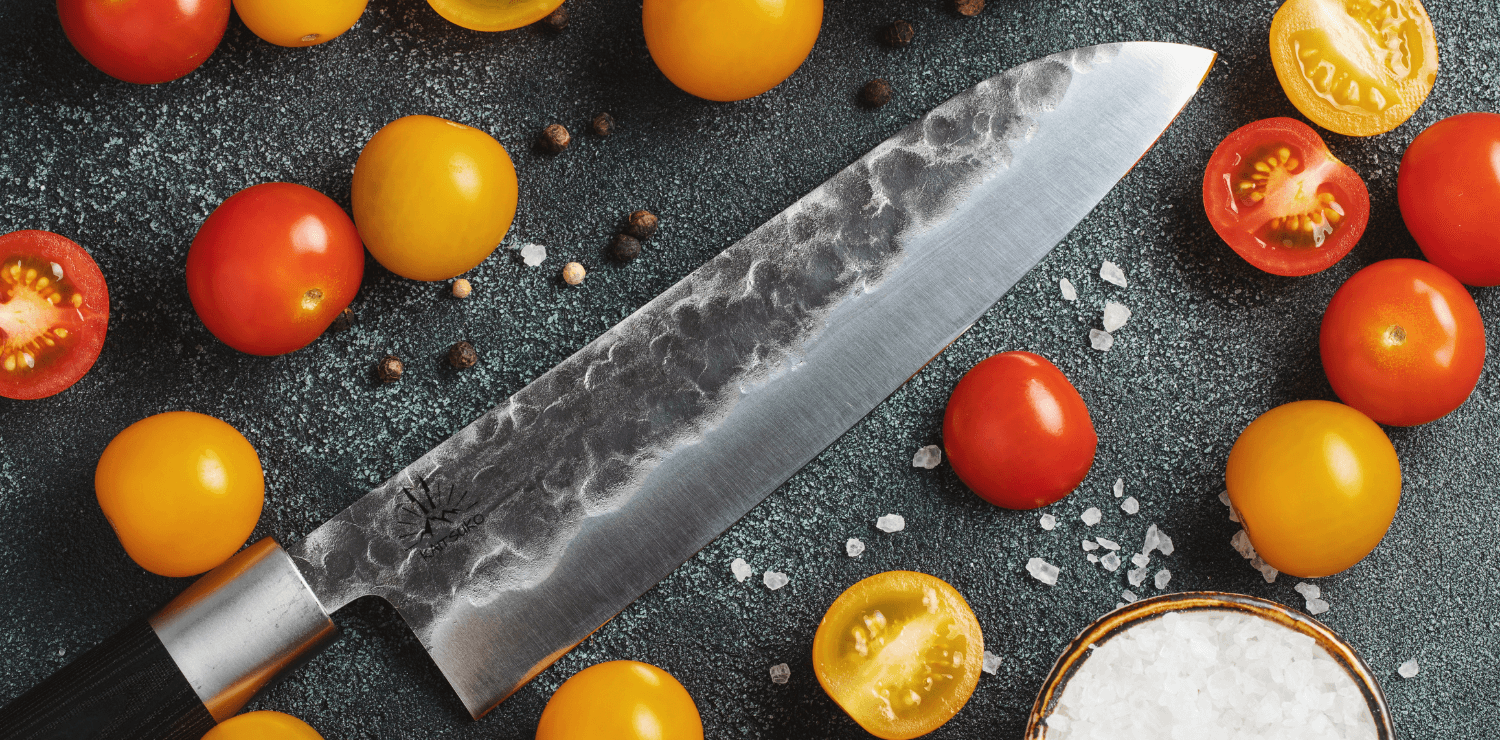Why choose a Damascus knife?
The knife is an indispensable utensil for cooking. Throughout history, various materials have served to make its blade: sharpened stone in the early eras, and then steel and bronze from the Iron Age. But today, steel is the most common and most used material due to its impressive properties. One type of steel that is particularly used is Damascus steel. This material finds application in many fields, including cooking. Why should a Damascus knife be preferred for cooking and what are the types that are recommended?
What is a Damascus Knife?
The Damascus knife is a type of knife whose blade has been made from pattern-welded steel. This originated very early in history in India where it was exclusively produced for military purposes. But today, the trend is rather to acquire a Kaitsuko knife for cooking. Before explaining why, it is important to note that the epithet "Damascus" used to refer to the knife refers only to the technique used to manufacture its blade and no other detail. Given its characteristics and the types of steel used in its manufacture, it is used to execute several tasks, the most common being cooking and hunting.
Indeed, the blade of a Damascus knife is forged using several layers of the same or different types of steel, which gives it a certain resistance. Impurities are sometimes added to these steel layers to make it even more flexible, and therefore less prone to breaking. But its main feature is its design, specifically the circular, curvy, and spotted patterns imprinted on its surfaces. There are several types of Damascus knives, but not all are recommended for cooking. Only the Japanese Damascus knife and professional kitchen Damascus knifeare.
The Damascus Kitchen Knife
The kitchen Damascus knife is very popular with cooking professionals today. It indeed has a very sharp blade that allows for quick and efficient cutting, for all types of food it comes into contact with. Whether it's boneless meat or meat containing cartilage, fish, vegetables or even roots, the Damascus kitchen knife is ideally suited. It is also both robust and very flexible, a very balanced aspect that comes from the many layers of steel that were used to make it, and so it is unique. However, it will need frequent sharpening to keep it always sharp.
There are several types of Damascus kitchen knives available in stores, each with its own features. When choosing one, go for a sturdy model, made with good quality stainless steel, with a sufficiently ergonomic handle, and which especially offers you a certain cutting comfort.


Do you know Japanese Curry?
Do you know Udon noodles?